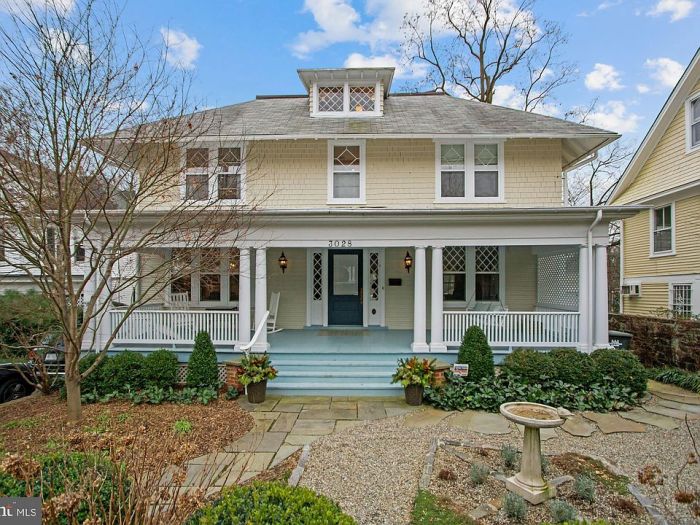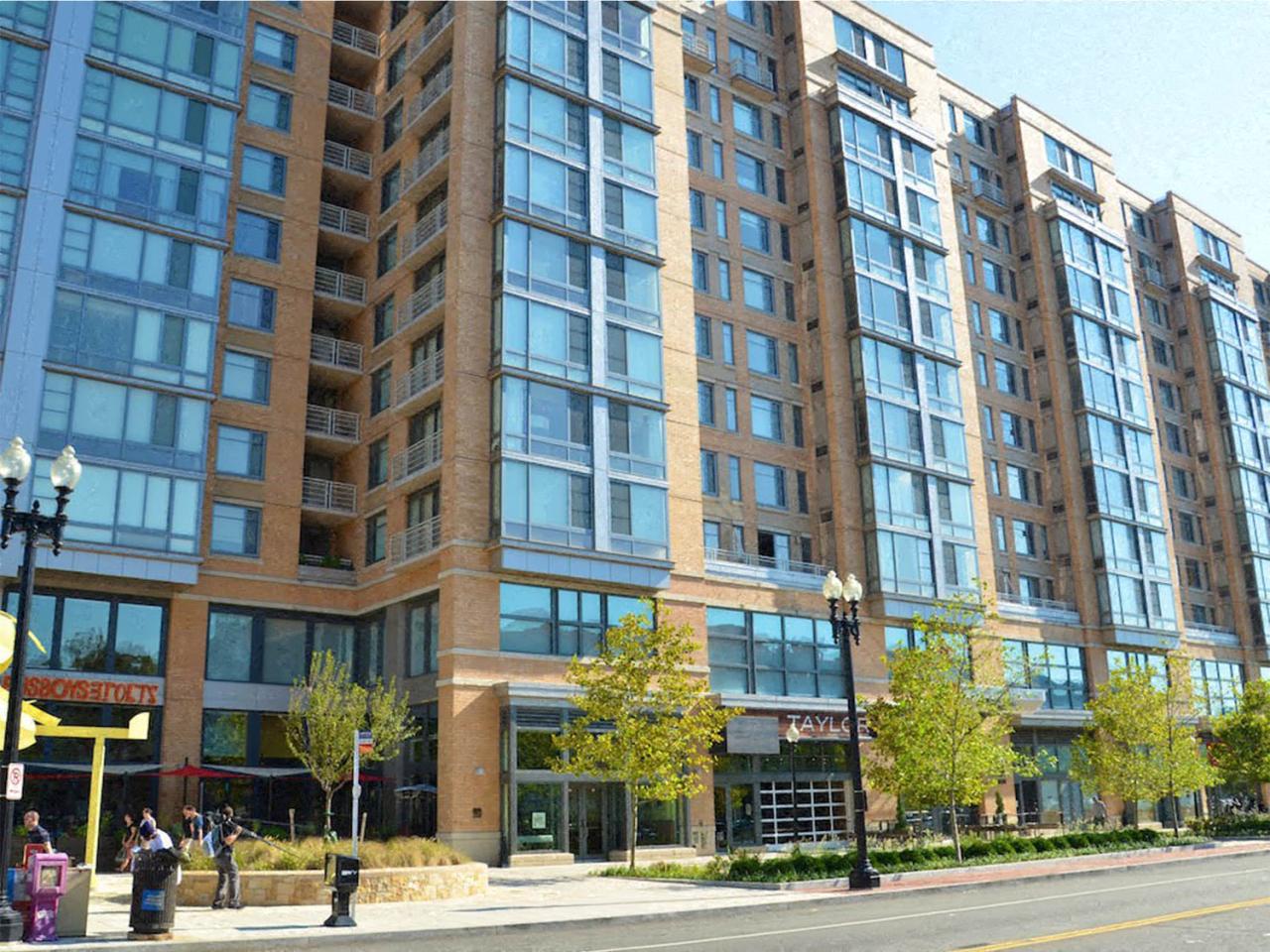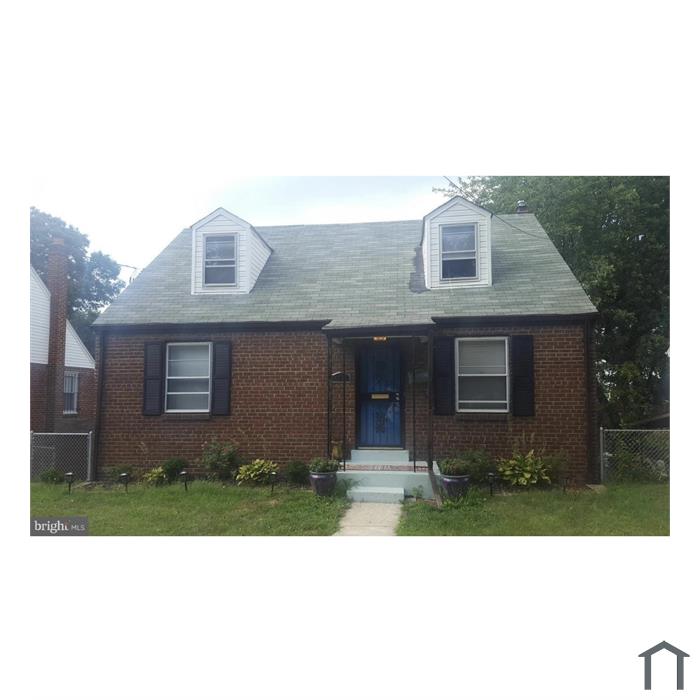Houses for Rent DC Your Guide to Finding the Perfect Home
Houses for Rent in Washington, D.C.: Houses For Rent Dc

Source: zillowstatic.com
Houses for rent dc – Finding the perfect rental in Washington, D.C., requires understanding the city’s diverse neighborhoods, rental market trends, and the process of securing a lease. This guide provides a comprehensive overview to help you navigate the D.C. rental landscape.
Neighborhood Overview: Houses for Rent in DC
Washington, D.C. offers a variety of neighborhoods, each with its unique character and appeal. The following table compares five popular areas for rentals, considering average rental costs, commute times to downtown, and key neighborhood characteristics. Note that these are average figures and can vary depending on the specific property and time of year.
| Neighborhood | Average Rent (Monthly) | Commute Time to Downtown | Key Features |
|---|---|---|---|
| Capitol Hill | $2,500 – $4,500 | 15-30 minutes (depending on mode of transport) | Historic architecture, proximity to the Capitol Building and Supreme Court, vibrant nightlife, walkability. |
| Adams Morgan | $2,000 – $4,000 | 20-40 minutes (depending on mode of transport) | Bohemian atmosphere, diverse restaurants and bars, lively music scene, close to Rock Creek Park. |
| Georgetown | $3,000 – $6,000+ | 20-40 minutes (depending on mode of transport) | Upscale shops and restaurants, historic waterfront, charming cobblestone streets, close to Georgetown University. |
| Dupont Circle | $2,200 – $4,200 | 10-25 minutes (depending on mode of transport) | Elegant architecture, proximity to embassies and museums, vibrant cultural scene, easy access to public transportation. |
| Logan Circle | $2,300 – $4,300 | 15-30 minutes (depending on mode of transport) | Trendy restaurants and bars, upscale apartments, proximity to Logan Circle park, walkable neighborhood. |
Living in these neighborhoods offers distinct experiences. Capitol Hill provides a sense of history and proximity to government, while Adams Morgan boasts a vibrant and eclectic atmosphere. Georgetown offers a luxurious and sophisticated lifestyle, while Dupont Circle and Logan Circle cater to a younger, more professional crowd with a mix of historical charm and modern amenities. Transportation options vary; some neighborhoods are more walkable than others, and all offer access to the Metro system, although commute times can fluctuate.
Rental Property Types in DC

Source: rentcafe.com
The D.C. rental market offers a variety of property types, each with its own advantages and disadvantages.
- Apartments: Pros: Generally lower maintenance, often include amenities like laundry facilities and gyms. Cons: Less privacy, limited outdoor space.
- Townhouses: Pros: More space and privacy, often include private yards or patios. Cons: Higher maintenance responsibilities, potentially higher rent.
- Condos: Pros: Ownership-like experience with amenities, often well-maintained buildings. Cons: Higher monthly fees, restrictions on renovations.
D.C. boasts a rich architectural heritage reflected in its rental properties. For example, Federal-style townhouses, characterized by symmetrical facades, rectangular windows, and a simple elegance, are common in older neighborhoods like Georgetown. Victorian-era homes, with their ornate detailing, bay windows, and intricate ornamentation, can be found in areas like Capitol Hill. Modern high-rise apartments, offering sleek lines and contemporary amenities, are prevalent in newer developments across the city.
A hypothetical floor plan for a typical DC apartment suitable for a young professional might include an open-plan living/kitchen area (approximately 400 square feet), a bedroom (approximately 120 square feet), a bathroom (approximately 60 square feet), and a small balcony (approximately 40 square feet).
Rental Market Trends in DC, Houses for rent dc

Source: affordablehousing.com
The D.C. rental market is highly competitive, influenced by factors such as population growth, job opportunities, and seasonal fluctuations. Rental prices have generally increased in recent years, particularly in desirable neighborhoods. Availability can be limited, requiring prospective renters to act quickly when they find a suitable property. Challenges include high competition, stringent application processes, and potentially high security deposits.
Finding houses for rent in DC can be competitive, requiring diligent searching. If you’re open to exploring other areas, consider checking out options like those available for rent directly from owners in areas such as New Castle, PA, for example, houses for rent by owner in New Castle, PA , which might offer a different market dynamic.
Returning to the DC rental market, remember to factor in commute times when considering locations outside the city.
Strategies for mitigating these challenges include starting your search early, having your finances in order, and being prepared to act decisively when you find a property you like.
A hypothetical timeline for the DC rental process might look like this:
- Week 1-2: Begin online search, refine criteria.
- Week 2-4: Schedule viewings, shortlist potential properties.
- Week 4-5: Submit applications, provide necessary documents.
- Week 5-6: Background checks and credit checks conducted.
- Week 6-7: Lease agreement negotiation and signing.
- Week 7-8: Move-in.
Finding and Securing a Rental Property
Numerous online platforms and resources facilitate finding rental properties in D.C., including Apartments.com, Zillow, Trulia, and Craigslist. It’s crucial to verify listings and conduct thorough research before contacting landlords or property managers. When applying, be prepared to provide documentation such as proof of income, employment history, credit report, and references. Negotiating a lease involves carefully reviewing terms and conditions, clarifying any ambiguities, and ensuring mutual understanding.
Cost of Living and Budgeting for Renters in DC
Creating a realistic budget is crucial for renters in D.C. The following table provides a sample budget, but individual expenses may vary.
| Expense Category | Estimated Monthly Cost | Percentage of Budget | Notes |
|---|---|---|---|
| Rent | $2,500 | 40% | Varies greatly depending on location and property type |
| Utilities (Electricity, Water, Gas) | $300 | 5% | Can fluctuate seasonally |
| Transportation (Metro, Bus, Parking) | $200 | 3% | Consider proximity to public transport |
| Groceries | $400 | 6% | Adjust based on dietary habits |
| Healthcare | $200 | 3% | Consider insurance coverage |
| Entertainment & Dining | $500 | 8% | Adjust based on lifestyle |
| Other Expenses | $300 | 5% | Savings, debt payments etc. |
| Total | $4400 | 70% | Remaining 30% for unexpected expenses |
The cost of living in D.C. is significantly higher than the national average and many other major U.S. cities. Finding affordable housing requires careful planning and research, focusing on neighborhoods slightly further from the city center or considering roommates.
FAQ Section
What is the average security deposit in DC?
Security deposits in DC typically range from one to two months’ rent.
How long is the typical lease term?
Lease terms in DC commonly range from six months to one year, with longer-term leases sometimes available.
What utilities are typically included in rent?
Utilities included in rent vary widely depending on the property. Water is sometimes included, but electricity, gas, and internet are usually tenant responsibilities.
What are the pet policies like in DC rentals?
Pet policies differ significantly between landlords. Many properties allow pets with an additional pet fee or monthly rent increase. Always inquire about pet policies before applying.




















